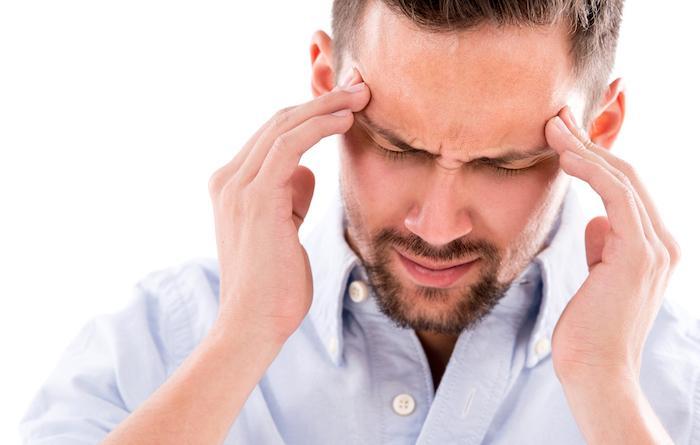Back pain and headaches are two common complaints that can significantly affect a person’s quality of life. Although, at first glance, these issues don’t seem to have anything to do with each other, numerous studies show a close connection between them. In this article, we explore how these two types of pain are related, the common causes that cause them, and what treatments can be effective for both conditions.
The connection between back pain and headaches
Back pain and headache can often occur simultaneously or one after the other, which may indicate a connection. Several key mechanisms may explain this relationship:
- Muscle tension: Muscle tension in the neck and upper back can lead to tension headaches. In fact, the muscles that support the spine are also connected to the muscles of the head. When these muscles become tense or contract, it can cause pain in the head.
- Poor posture: Poor posture can lead to chronic tension in the neck and back muscles, which can cause headaches. Sitting in front of the computer for long periods of time, poor posture while sleeping, and other daily habits can contribute to the development of this problem.
- Nervous tension and stress: Stress and anxiety can cause both back pain and headaches. These diseases are often accompanied by muscle tension and worsening pain.
- Common medical conditions: Certain medical conditions, such as fibromyalgia and chronic pain syndrome, can cause both back pain and headaches. These diseases are often characterized by widespread pain and increased pain sensitivity.
Causes of back pain and headaches
To better understand the connection between back pain and headaches, it is important to examine the underlying causes of these conditions.
Causes of back pain
- Muscle strains and sprains: This is the most common cause of back pain. Excessive physical exertion, incorrect lifting of weights, and prolonged sitting with poor posture can lead to muscle spasms and pain.
- Spinal cord injuries: Injuries such as a herniated disc or damaged ligaments can cause severe back pain. These conditions can also put pressure on nerves and cause pain that radiates to other parts of the body.
- Degenerative diseases: Conditions like osteoarthritis and rheumatoid arthritis can cause chronic back pain. These diseases are associated with wear and tear on the joints and intervertebral discs and lead to inflammation and pain.
- Poor posture: Poor posture when sitting, standing, or lifting heavy objects can lead to chronic muscle tension and back pain.
Causes of headache
- Tension headache: This is the most common type of headache and is often accompanied by muscle tension in the neck and shoulders. Causes can include stress, fatigue, and poor posture.
- Migraines: Migraines are characterized by severe, throbbing pain that is often accompanied by nausea and sensitivity to light and sound. Causes of migraines can include genetics, hormonal changes, and triggers such as certain foods or stress.
- Cluster headaches: These headaches are characterized by severe pain that usually occurs around one eye. The causes of cluster headaches are not fully understood, but they are thought to be related to a disorder of the hypothalamus.
- Secondary headaches: These headaches are caused by other medical problems such as sinus infections, infections, or high blood pressure.
Treatment methods
Back pain and headache treatment can vary depending on the cause and severity of the symptoms. It is important to consult your doctor to determine the best method of treatment.
Treatment of back pain
- Medical treatment: Pain relievers such as ibuprofen or paracetamol can help relieve acute pain. In some cases, muscle relaxants or corticosteroids may be prescribed.
- Physiotherapy: Exercises to strengthen the back muscles and improve posture can be very effective. Physical therapists may also use manual therapy techniques to relieve muscle tension.
- Massage: A massage can help relieve muscle tension and improve blood circulation in the back area.
- Surgery: Severe spinal cord injuries or a herniated disc may require surgery to correct the cause of the pain.
Headache treatment
- Drug treatment: Pain relievers, anti-inflammatories, or triptans may be used to relieve headaches. Preventative medications may be prescribed for chronic headaches.
- Relaxation techniques: Relaxation techniques such as yoga, meditation, and deep breathing can help reduce stress and tension, which can reduce the frequency and intensity of headaches.
- Physical activity: Regular exercise improves blood circulation and reduces muscle tension, reducing headaches’ frequency.
- Lifestyle changes: Avoiding triggers such as certain foods, alcohol, or stressful situations can help prevent headaches.
